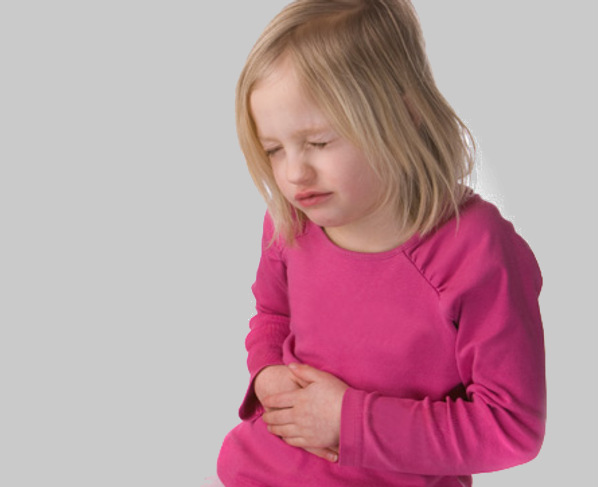
Food poisoning is a condition which occurs when a person eats food or consumes a drink which is contaminated by bacteria or harmful toxins. Most cases of food poisoning are caused by bacteria and the effect is seen within 2-3 hours of eating contaminated food. Sometimes it may even take a maximum of 48 hours to take effect and might last for several days.
Though the major cause of food poisoning is bacteria it may also result from eating poisonous plants such as mushrooms or animal fat. Some common symptoms of food poisoning are diarrhea, severe vomiting, and stomach aches. The other causes of food poisoning are unhygienic cooking habits, improper methods of food storage (say incorrect temperature) and handling of food by an infected person etc. Food poisoning may prove fatal too. So, if precautionary steps are taken, one can avoid food poisoning. Here are some steps to prevent food poisoning:
Step1: Hygiene at home
Always wash your hands with soap before preparing food and before eating. Wash vegetable and fruits in running water. This will help remove germs or worms stuck in the outer layer. Make sure the utensils, pots, pans etc. used in cooking are washed well and free from detergents used for washing or previously cooked food. Take extra care if you had cooked meat, fish, or other animal meat. If you are using a meat thermometer, sterilize it frequently. If you have fever or diarrhea, then do not cook as there is a possibility that the infection might spread. Cover wounds properly using a well medicated band aid. Clean your hands with a good hand wash if you have touched your pets and after using the toilets.
Step 2: Avoid half cooked food
Half cooked food also attracts germs so cook your food properly especially when you are cooking meat and fish. You can use a thermometer in case you want to be sure that the food items are cooked well. If the room temperature is high then the food is likely to get spoilt sooner, especially, in case of meat or leftover food. Make sure to refrigerate them early. Ensure to heat food at room temperature when they are to be consumed by pregnant women and persons with low immunity (infants and older people).
Step 3: Prevent cross contamination
This is an important thing which needs to be kept in mind. Keep separate cutting boards, knifes, and utensils to prepare meat and vegetables. If same utensils are used, there is a possibility that the germs from meat might get transferred in vegetables too. Store non-vegetarian and vegetarian food in separate containers. Ensure they are properly sealed or put in an air tight container. Wash cooking surfaces regularly using detergents and use a clean cloth to wipe the surfaces.
Step 4: Refrigerate perishable food
Take extra care to refrigerate perishable food items immediately say within an hour or so to avoid contamination. Leftover food needs to be put in refrigerator too. Make sure you do not use leftover food for more than two days even if they are under proper refrigeration. Meat, poultry, and fish should be stored in the freezer.
Step 5: Proper packaging
Make sure the food items which you buy from store are properly packed and sealed. Avoid picking puffed packets and the ones with a damaged seal as they might be contaminated. Check for the expiry dates printed on the packs and use them before expiry.
Step 6: Defrosting procedure
While defrosting, cover the meat properly so that water does not drip from it to all other things that are kept inside the fridge and this might cause contamination. Use the defrosted meat on the same day or within a day.
Step 7: Purchase from reliable stores
Prefer pasteurized milk to fresh milk and purchase tinned or packed foods form reliable stores only. Always use filtered water for cooking. Remember, water too can spread contamination.
Step 8: Avoid hands while serving
Use tongs, or hand gloves to serve hot dogs, burgers etc. Serve large quantity food by transferring them into smaller containers and always keep the food covered to avoid the spread of germs.




